|
Being a mom these days means being subjected to a hundred opinions and options about every aspect of parenting. Especially with social media, we may experience judgement, criticism, comparison, unsolicited advice, or "mom shaming" on how we raise our kids, how we deliver our babies, how we feed our babies, the things we do or don't do with our babies, and for sleep training. I've seen other moms go as far as accusing moms of child abuse for sleep training. Not only is this completely ridiculous and untrue, but it is a very harmful mentality and accusation. So you're exhausted. You're desperate. You decide to sleep train your baby. What do you do when you hear negativity and judgement from family, friends, neighbors, or strangers on social media?
1. You do what works for you. The amazing thing about being a parent is -- we can all choose how we want to raise our own kids! You are the parent of your child, and you have the freedom to parent and raise them how you feel is best. If what you're doing is working for you, GO FOR IT! No one HAS to sleep train their child. As long as kids are safe, there are a lot of different ways of parenting, and that doesn't make one person's ways RIGHT and another person's WRONG. They are just different. And that's ok! Embrace it. Remind others that they are free to parent their kids however they want, and you'll do the same. It's ok to say "If you don't want to sleep train your baby, you don't have to." 2. Stand your ground with confidence. You do what's right for you and your family. If sleep deprivation (which can be a major health risk and mental health risk for parents) isn't working for you, and if your baby is fussy and not content because they aren't getting enough sleep, and you choose to sleep train - be confident in your decision. Let the haters' comments roll off. Don't let the comments of others make you feel guilty or shameful for doing what's right for you and your family. If someone mom-shames you for sleep training your baby, it's ok to ignore them or even tell them "I'm doing what's best for my family." 3. Lift up other moms. We are all trying our best. We're all doing what we feel is right. We are all struggling and tired. We're in this together. Let's lift each other up, encourage each other, and embrace the fact that we're all different, and that's ok. Be an advocate for supporting and cheering each other on. 4. Don't engage in debates, but do provide facts and truth. Sleep training is not abuse. It is not harmful in any way for babies. Despite what some people think, there are actually no studies or research that proves sleep training harms babies (emotionally OR physically) in any way. In fact, the only studies that have been done on it have shown no negative affects in the short term OR long term. I've seen articles shared on social media that claim to provide "facts" and evidence that support the notion that sleep training harms babies. I've read them. They are filled with opinions. Don't confuse opinions with actual science and facts. There aren't any studies that prove sleep training hurts babies. FACTS
Sleep training was the best decision I made when my babies were infants. They were both happy, content, and well-rested, and I was happy and well-rested too. Long-term sleep deprivation can suck the life out of a parent, and getting enough sleep can literally be life-changing. If you are sleep training and someone tries to make you feel bad about it or throw shade, let it roll off. Don't throw stones back; throw kindness back at them -- they may be speaking out of their own insecurities. Don't let anyone make you feel bad for doing what's right for your family.
2 Comments
Just when you think your little one is sleeping great, and has their scheduled nailed . . . BAM. A sleep regression can hit and mess it all up! Sleep regressions, or temporary disruptions in a baby or toddler's sleep, are very normal. The good news is - in most cases, they are temporary!
What are the signs of a sleep regression? A child who has been sleeping well, who normally starts waking up more in the nighttime, taking longer to fall asleep at night, fighting or refusing naps, or waking up early in the morning. They can last anywhere from 1-6 weeks. What causes a sleep regression? They are typically caused by developmental milestones and new skills (such as sitting, rolling, crawling, walking, talking). They can also be caused by growth spurts or changes in their routine, such as starting daycare, potty training, a crib to bed transition, or a new sibling. They can be caused by illness or teething, or travel. Basically, almost anything can cause a temporary regression, or sleep disruption. But don't fear! I'm sharing tips about how to handle them. When do regressions happen? There are typical ages for sleep regressions: The Dreaded 4 Month Regression This is the only sleep regression that isn't temporary. It's a permanent change in how your baby sleeps. It's when their sleep cycles become more like an adult's, and all babies go through this change. If they already have good skills for independent sleep, they may not be as affected as other babies, but if they have been used to being fed to sleep or rocked to sleep, or helped to sleep, even if they were sleeping well before this regression, they typically experience a lot of nighttime wake-ups during this time. This is a perfect time to sleep train! If you don't sleep train after this regression, the baby's sleep may not ever magically improve on its own. 6, 8, 10, 12 Months During these times, babies begin teething and learning new skills, such as crawling, sitting, and pulling up. They also go through growth spurts, and their wake windows lengthen. Any of these can lead to a temporary regression. 18 Months & 2 Years During this time, toddlers may experience teething (the 2 year molars... OUCH), separation anxiety peaking, newfound independence, or changes such as potty training, crib-to-bed transitions, or schedule adjustments. For some people, the two year sleep regression can be the worst, as they begin to resist naps and fight bedtime. 12 TIPS FOR HANDLING SLEEP REGRESSIONS
Don't worry or stress about all of the sleep regressions that may or may not come up in the future! I know it looks daunting, but if your child has good skills for independent sleep, and you stay consistent and stay aware of nap transitions, your child will more than likely do very well and get back on track. Most sleep regressions last anywhere from one week to six weeks (which sounds like a lot, I know!). Staying consistent even during a sleep regression will be the key to helping your child get back on track quickly. My first son experienced a major sleep regression after he had chronic ear infections for months as an infant and couldn't sleep without being held upright. He finally got tubes at 9 months old, and we had to "re-train" him for sleep after that, but after 2 nights, he was back on track, and he didn't experience any other regressions after that! He's 4 years old now, and still is on the same sleep schedule he did as an infant - he goes to sleep around 7-7:30pm and wakes up around 7am. Did your child go through a sleep regression? Leave a comment to share! |
Lynne HowardPediatric Sleep Consultant Archives
June 2023
Categories |

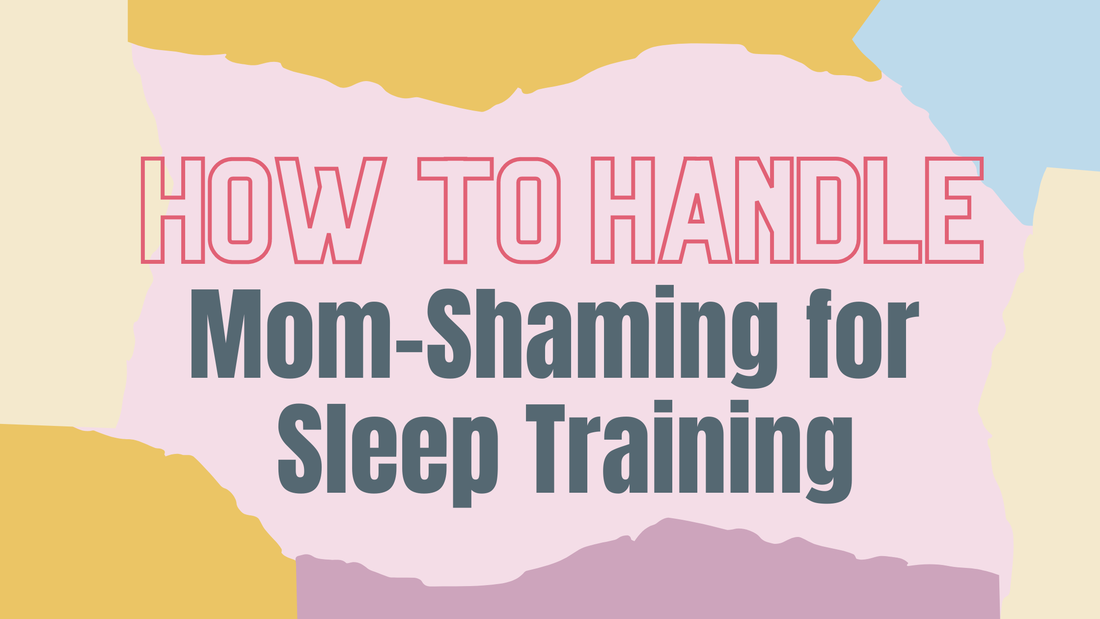
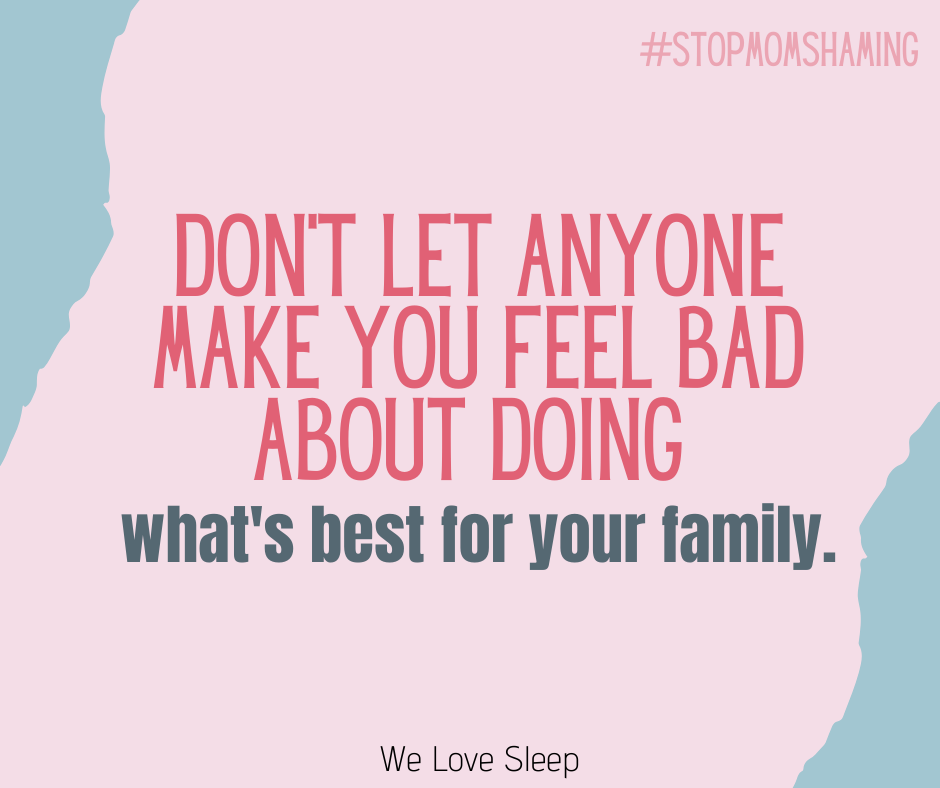
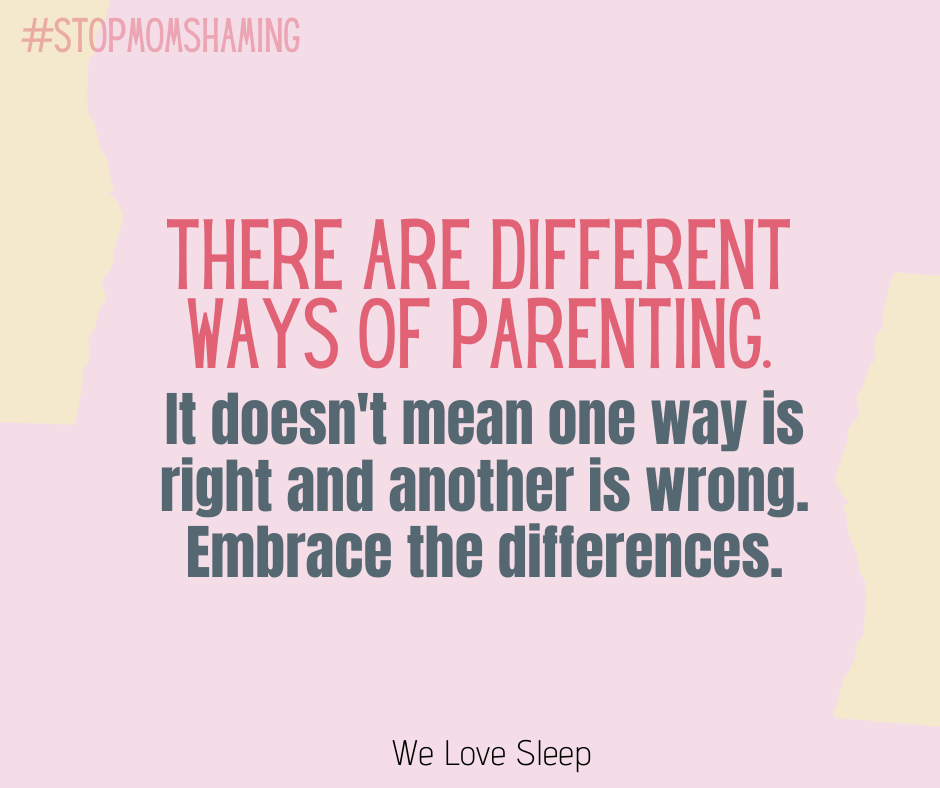
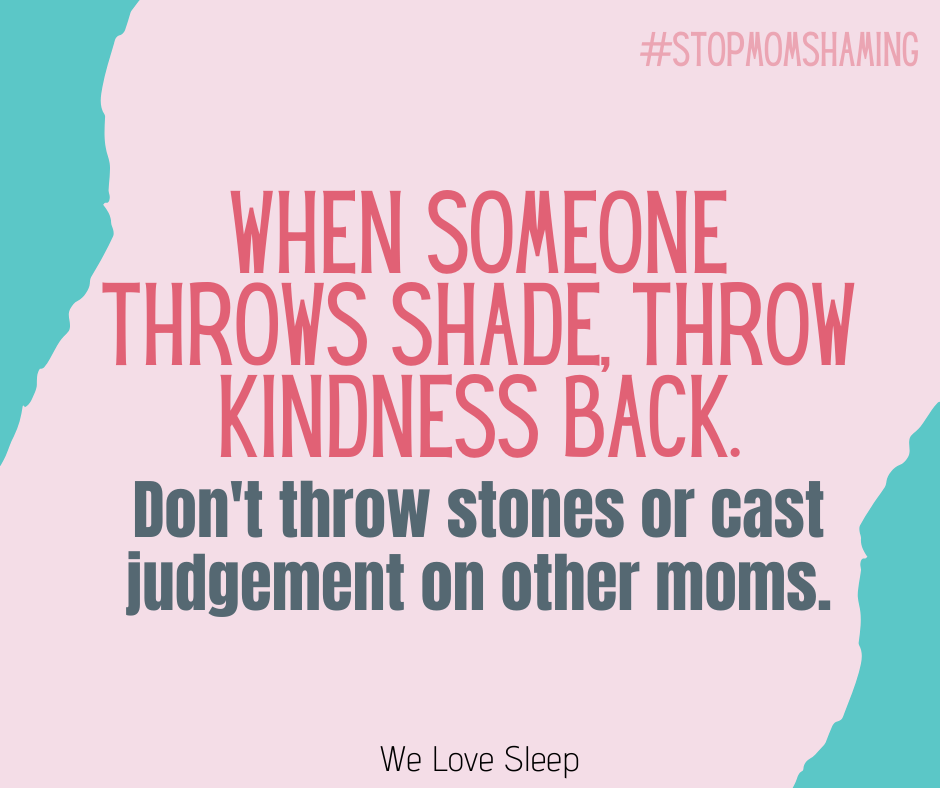
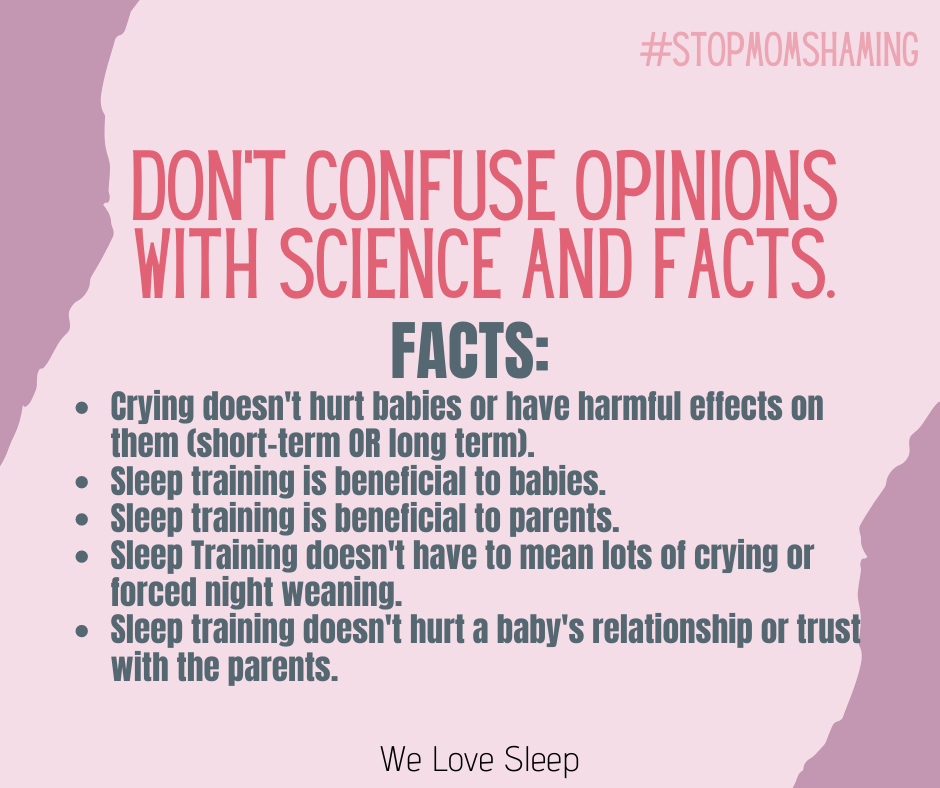
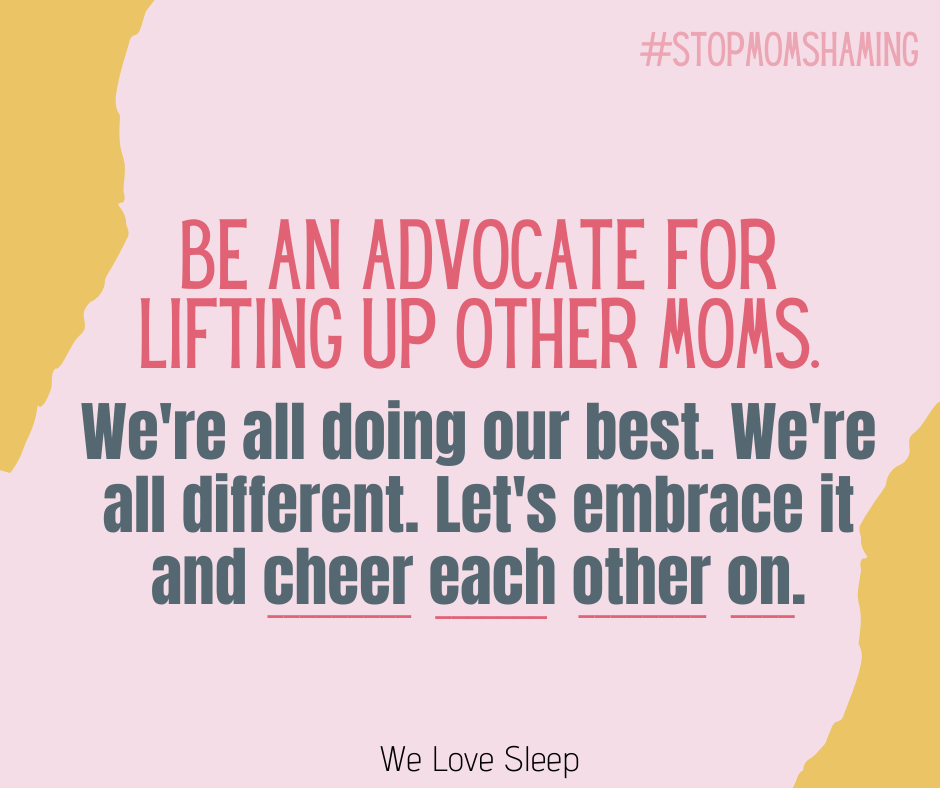
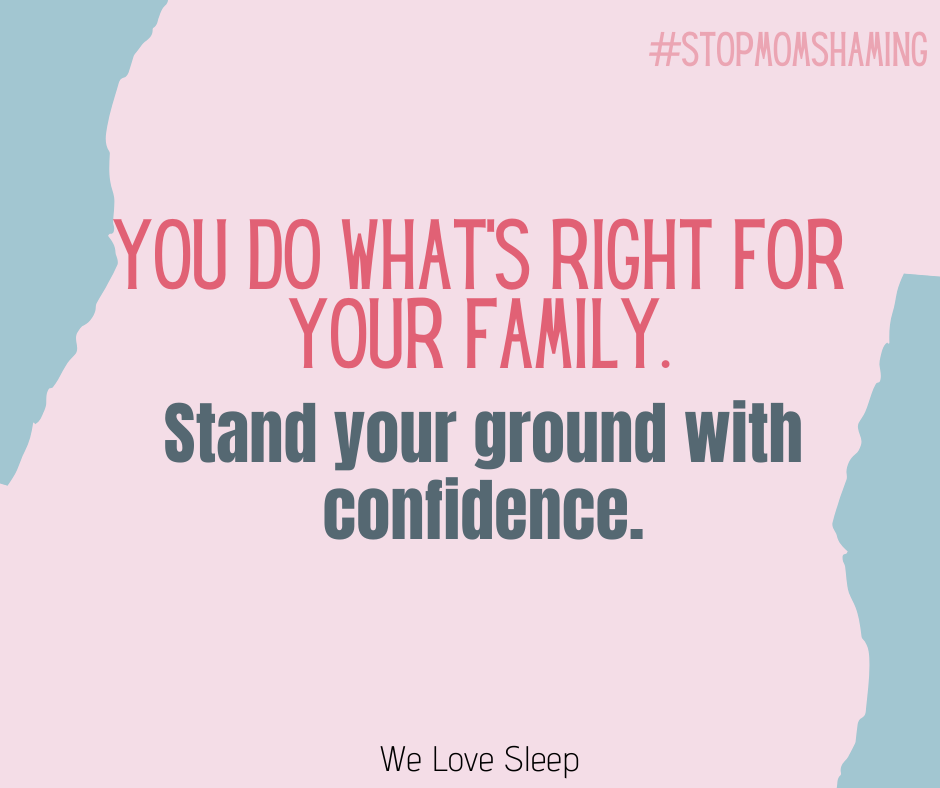
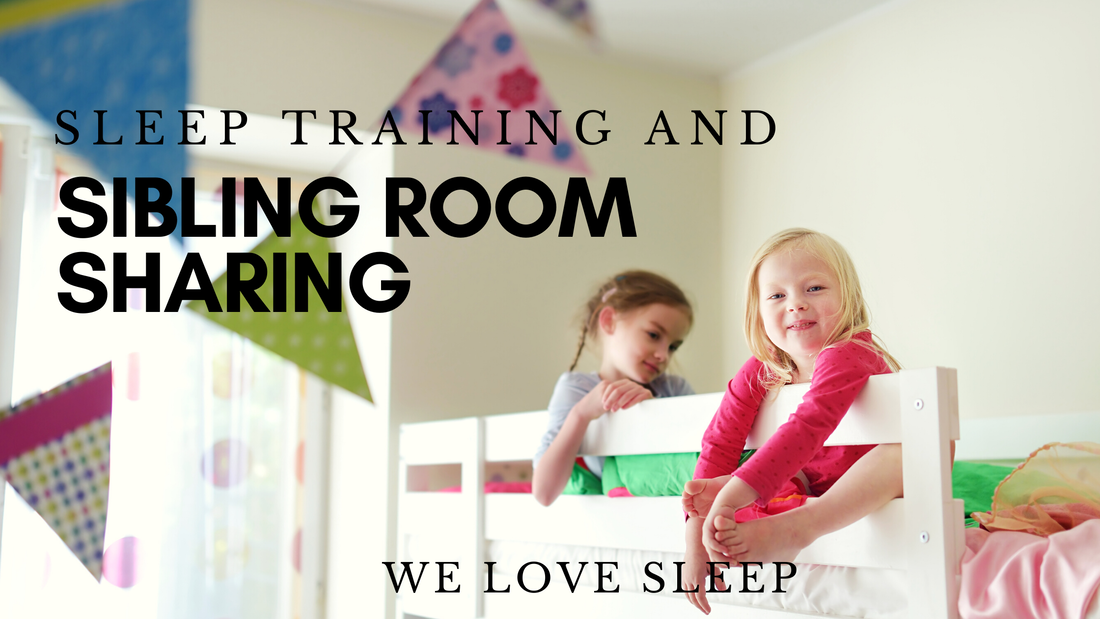
 RSS Feed
RSS Feed
